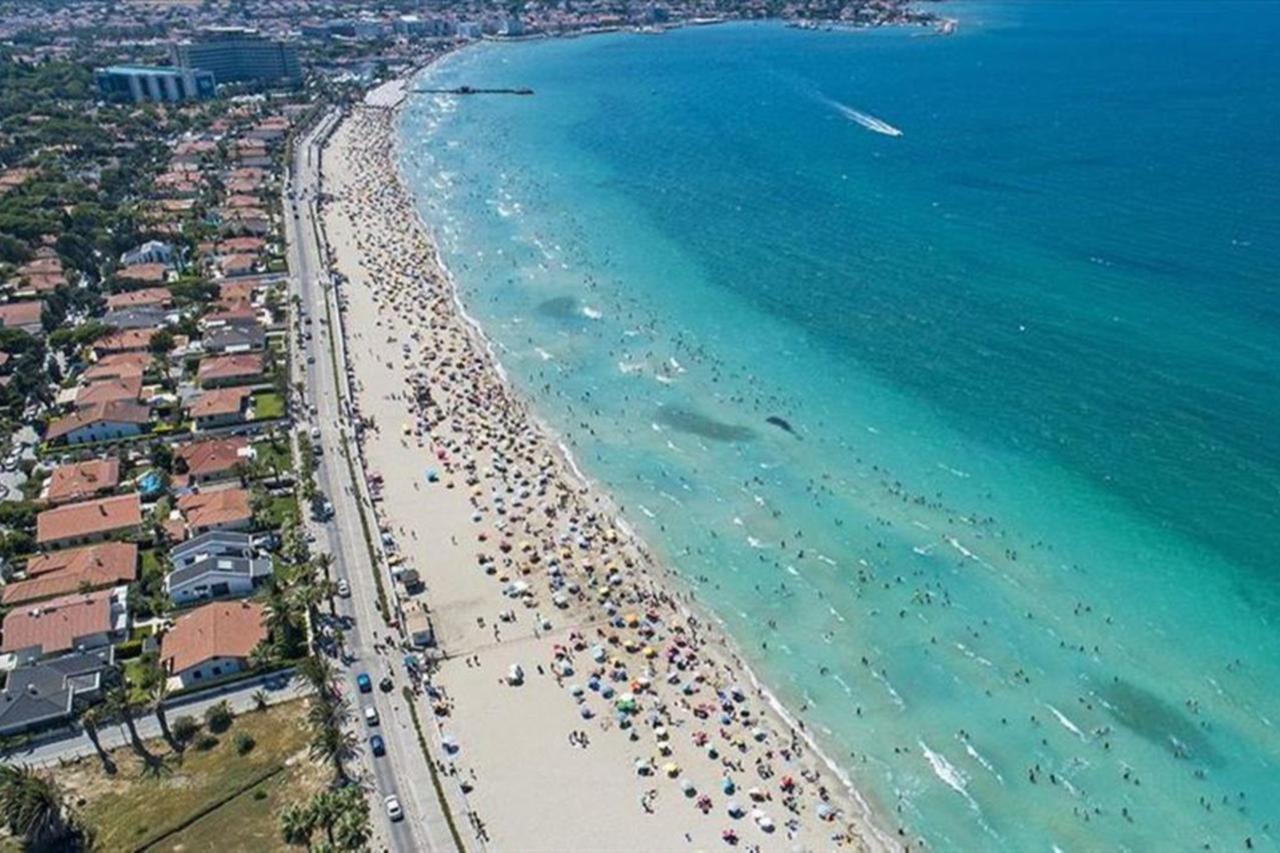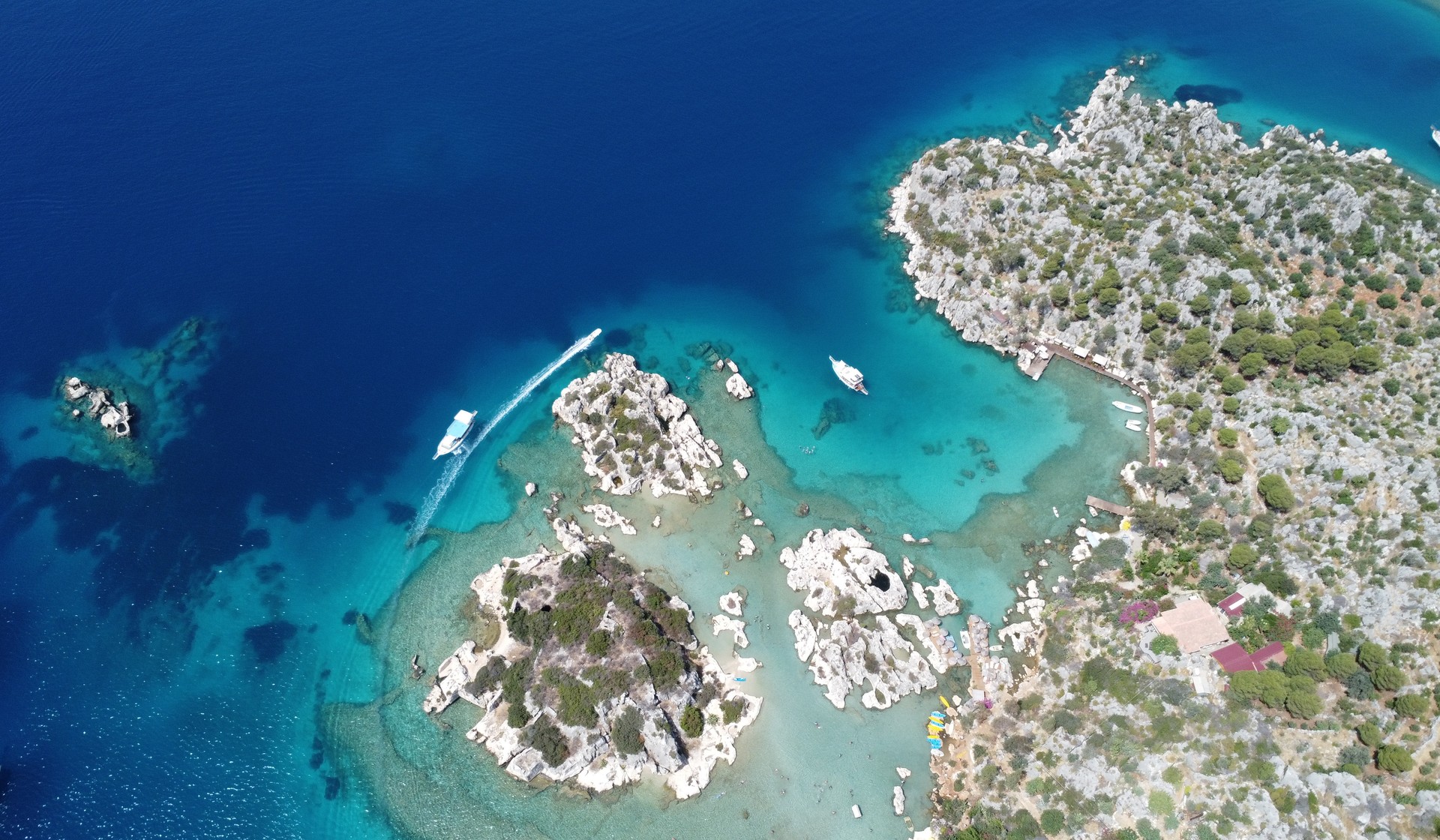
A new labor law allowing tourism workers in Türkiye to work up to 10 consecutive days before taking mandatory rest has sparked widespread political condemnation, with critics from across the ideological spectrum denouncing the measure as legalized exploitation.
The legislation, published in the Official Gazette following presidential approval, permits tourism accommodation facilities to defer workers' weekly rest periods by up to four days with written consent. Under the previous law, workers were entitled to 24 hours of rest after six days of work, but the amendment extends this to 10 days without additional overtime compensation.

"They've made this legal now," said a tourism worker speaking to Türkiye Today on condition of anonymity, referring to practices that were already widespread in the sector but previously unlawful.
The worker revealed that the new law essentially codifies existing illegal practices in the industry. "Law says work 10 days then take leave, but that will be overlooked again too," the worker told Türkiye Today.
"I know people in the sector who worked 8-20 hours for 6 months without leave," the worker added, highlighting the extreme conditions that prompted the legislative change.
The worker also expressed concerns about workplace safety and broader exploitation faced by tourism employees, describing the intense pressure workers face in the industry.

The law has drawn sharp criticism from parties typically at odds with each other. Umit Ozdag, leader of the nationalist Zafer Party, warned that the measure represents a broader threat to Turkish workers' rights.
"Tourism workers will not be able to use their weekly rest rights without working 10 days," Ozdag said. "This arbitrariness imposed on tourism workers today will spread to other sectors tomorrow. The aim is to turn Turkish workers into modern slaves."
From the opposite end of the political spectrum, the Turkish Workers' Party issued an equally harsh statement, describing the amendment as a "slavery law" imposed by Türkiye
The Workers' party claimed "forcing tourism workers to work 10 days instead of 6 days for a 1-day holiday by taking away their weekly rest with this slavery law," adding that the "law paves the way for working workers to death today in tourism, tomorrow in construction and all other sectors, and is contrary to human life."
Prof. Dr. Aziz Celik from Kocaeli University's Labor Economics and Industrial Relations Department warned that the amendment represents "the destruction of the right to rest guaranteed by the Constitution."
"The regulation is contrary to the Constitution's provision on the right to rest and the principle of equality," Celik said in a social media post. "The regulation is also contrary to international agreements ratified by Türkiye."
The law approved by parliament fundamentally altered working arrangements in the tourism sector. Workers at accommodation facilities certified by the Ministry of Culture and Tourism can now take only one day off after working 10 consecutive days, rather than the previous system of one day off after six days of work.
Under the new legislation, work performed during what would have been rest days will not count as overtime, meaning workers will not receive additional compensation even when working on their designated day off. The law contains no provisions specifying when unused weekly rest periods must be granted, effectively meaning workers may only get their 11th day off throughout the entire season.
The Ministry of Labor has reportedly received similar requests from other sectors, particularly construction, raising concerns that the measure could be extended beyond tourism.
Celik emphasized that the regulation transforms the tourism sector into what he termed "a 10-day work week with 11-hour work days," noting that existing labor law already allows tourism workers to work 11-hour days for four-month periods during peak season, compared to two months for other sectors.